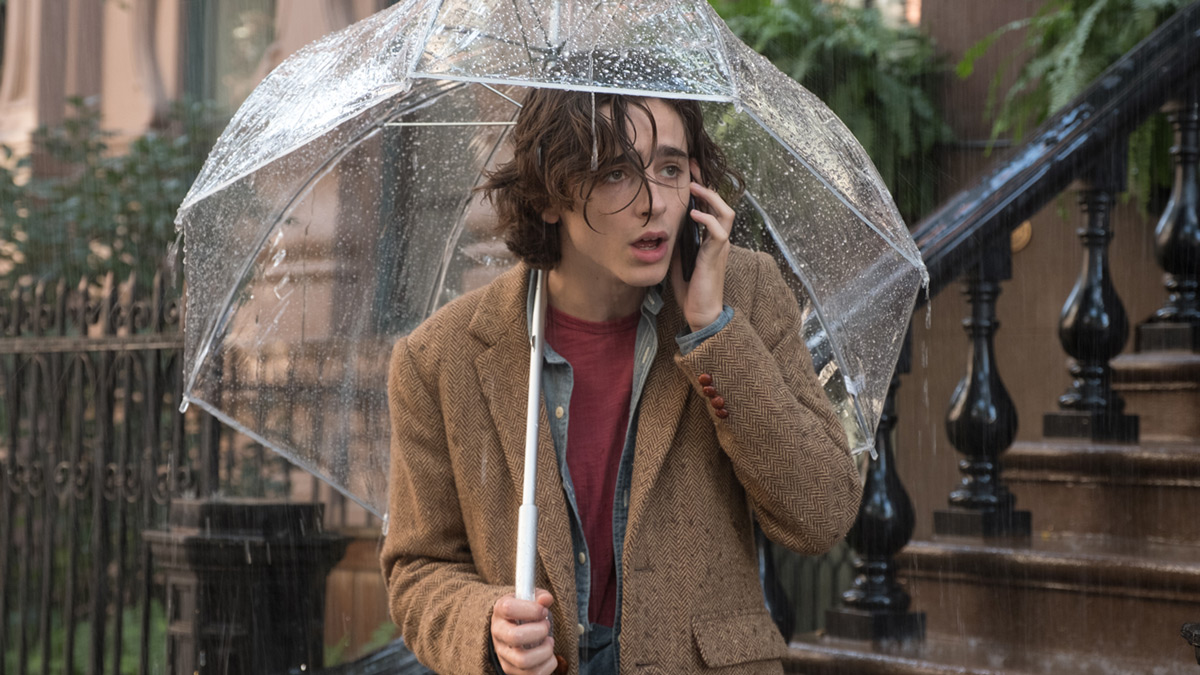
(c)2019 Gravier Productions, Inc.
“A Rainy Day in New York” A spoonful of poison deposited in a light-hearted “fashionable movie”
2020.07.03
"A Rainy Day in New York" synopsis
College couple Gatsby (Timothée Chalamet) and Ashley (Elle Fanning) are planning a romantic weekend in New York. The story begins when Ashley is assigned to interview famous film director Pollard (Liev Schreiber) in Manhattan for a school project. Gatsby, a native New Yorker, is eager to show Ashley, an Arizona native, around the city. Gatsby plans a date to his liking, but their plans quickly go awry like a shower on a sunny day, and unexpected events occur one after another...
Index
- About the relationship between the work and its creator
- Chalamet has adapted to director Allen's "male image"
- Comparing the two women with “sunshine” and “rain”
- A serious and harsh story that doesn't end with just being lighthearted.
About the relationship between the work and its creator
Director Woody Allen's latest film, ``A Rainy Day in New York'' (2019), is a movie whose release has been postponed for a long time. Allen's past scandals have once again become an issue due to the #MeToo movement, which was sparked by film producer Harvey Weinstein's sexual harassment scandal.
Director Allen and distributor Amazon Studios originally had a multi-book deal, and this film was one of them. However, due to an incident, the contract was canceled. The cast of ``A Rainy Day in New York'' donated all of their salary, confessed one after another that they ``regret appearing in the movie'', and people who worked with director Allen in the past made statements criticizing and defending him. It turned into a picture of Inferno with people shouting and screaming. After that, this work was shelved, and from around last summer it quietly began to be released in various countries, and finally arrived in Japan.
"A Rainy Day in New York" preview
Whether it's director Allen, director Roman Polanski, director John Lasseter or director James Gunn, it's difficult to argue about the causal relationship between the creator and the work. This problem is not limited to movies, but has very deep roots, as it occurs in all forms of art, including art, music, and theater. Some may say, ``Isn't it okay to separate the work and the creator?'' Others may think otherwise.
For example, Pablo Picasso is said to have had an affair and was involved in domestic violence, so how do we respond to deceased artists, and how far do we expand our thinking? There is also the problem. In this day and age when compliance is being called for, it may be appropriate to strictly pursue the social responsibility of creators. However, for this article, I would like to leave that issue here and start by talking purely about the work.

